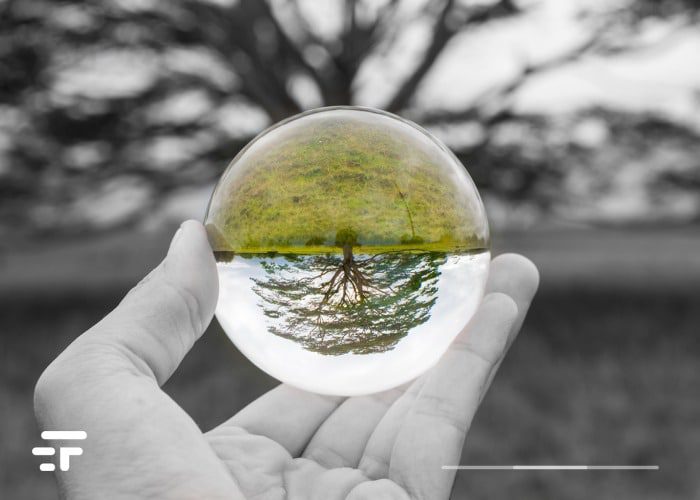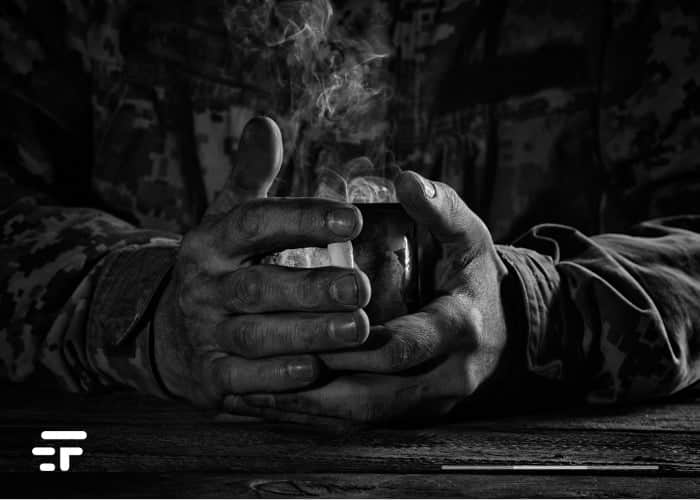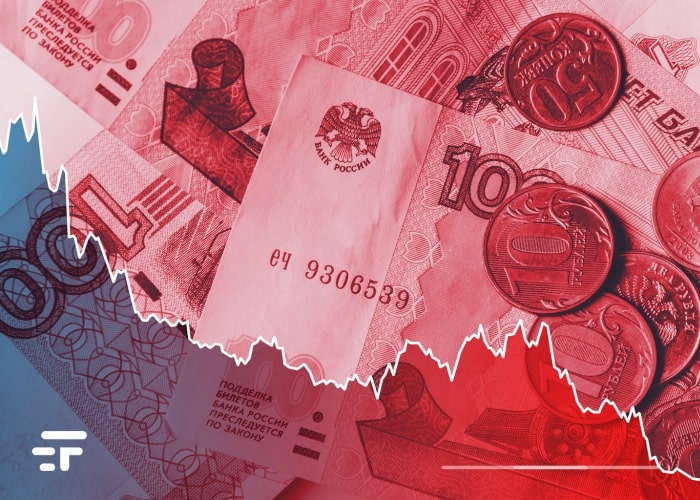In just a few days, the United States and Europe have ostracized Russia from the global stage by severing all economic, commercial and cultural ties: if that wasn't momentous enough, they closed its bank accounts, making it unable to keep its currency stable. Russia's default is now a more than concrete prospect, by all accounts imminent.
And it is not everything, you will be seeing it for yourself. Hundreds of companies and brands, including McDonald's, Apple, Netflix, Adidas and BP, have suspended operations on the Russian market. Sports leagues, film festivals and other cultural institutions have banned Russian competitors.
Many of these measures are absolutely unprecedented for a country of Russia's importance. And they seem to me to represent the first great global experiment in moral punishment. I don't know whether Vladimir Putin wants to extend his 'Russian empire' or not, despite what he claims (i.e. that he wants to defend his borders, demanding neutrality from Ukraine). The effect I notice at the moment is the opposite: a gigantic compression of Russia, the result of an equally gigantic demonstration of "soft power".
Consequences to take your breath away
The immediate consequences of this conflict they are catastrophic, and on both sides of this revived Iron Curtain.
In scattered order from East to West? In China, India and Brazil, commodity prices rose to record highs and economic indicators plummeted. Oil is at historic highs and the Nasdaq is in terrible shape. Nickel prices exploded, while the ruble plummeted by 50%. Russia's default, I was saying, is a probability. But the historical records of wholesale energy prices make a default almost certain in Europe too, and yesterday the economist Mark Zandi estimated the probability of a recession in the United States at "one in three", and already this year .
And that's just the beginning.
Sanctions are a leap in the dark
Like all unprecedented situations, this "global punishment" of Russia is a leap into the void: I have no certainty of how, how much and for how long this method will work. And above all what unforeseen consequences it could bring. Some consequences, however, are evident: and 3 possible scenarios of this now imminent Russian default can be outlined. One thing is certain: one way or another the world will change forever.
Scenario 1: The ecological transition accelerates exponentially.

“Technological transitions” in the 21st century tend to be rapid: in about 20 years, smartphone ownership in the world has gone from almost zero to 50%. Energy transformations are slower, however. And the growth of clean energy in particular has been very slow in the USA and Europe, which is surprising given (one example among all) the decline in solar energy prices in recent years. The West has simply refused to build green energy projects fast enough to decarbonize the grid.
The conflict in Ukraine and the resulting possible default of Russia could accelerate the green revolution in two important ways. How?
Prime. Increasing political pressure on US and European governments to reduce their dependence on Russian oil and gas. (The United States has already hinted that it will stop importing Russian energy, and Europe is studying a similar measure.) In the short term, this will lead to a reliance on gas and oil reserves so as not to cause prices to rise further. Over time, however, prices will rise to the point that relying on thermal energy will be impossible, and already today in Italy we are witnessing the "miracle" of 6 wind projects approved in one fell swoop.
According to. Rising gasoline costs would shift consumer preferences to electric vehicles. This marketing change, combined with a painful increase in gas prices (which is already causing a patchy blockage of global transport), would have an explosive effect.
And a historical precedent: in 1973 the oil crisis and the increase in oil prices "forced" car manufacturers to become more efficient and consume less: from the energy shock to progress. It would be desirable.
Scenario 2: New Chinese Empire

It escapes no one's notice: the "economic storm" that will lead to Russia's default has already brought Putin's country closer to China. The role of the Asian giant is in full definition these days: the Chinese alternate the West's condemnation of the conflict to strange taken away, alternate the request for peace to semantic balancing acts to avoid defining what in Russia they define as a 'special military operation' as an 'invasion'. I agree with the spokesperson of the Chinese Foreign Ministry Hua Chunying on the preconceived use of words "as part of the typical question-asking style of the Western media". However, the Chinese could and should know that dualism exists: what is happening could be both, right?
Even before the Ukrainian crisis, however, Russia and China were getting closer. Russian-Chinese trade increased by 50% since the Russian occupation of Crimea in 2014. Russia is now the main recipient of Beijing's state sector financing, China and Russia began using their own currencies to settle bilateral trade in 2010. Most importantly, they opened a trade line of currencies in 2014, dramatically reducing dependence on the dollar.
In other words, China could be a “counterparty of last resort” to avoid (or mitigate) Russia's default. This would make Putin's country (and Pushkin's, by God, nothing but condemning culture!) a gigantic North Korea. Since 2010, Kim Jong-Un's state has relied on China for about 90% of its total trade. This scenario almost certainly leads to the rise of China while Russia clings to the red lanterns in an attempt to stay afloat.
Scenario three: world food war

We must not tell each other nonsense, but if possible the truth. Ukraine and Russia feed the world. They represent approximately 30% of global wheat exports, along with 20% of corn and 80% of global sunflower oil exports. Half or more of the wheat produced in a number of nations, including Egypt, Turkey, Bangladesh, Sudan and Pakistan, is imported from Russia or Ukraine.
One in eight calories in the world comes from Russia and Ukraine, according to NPR. And now I'm at war. If we also add Belarus, we also discover a big problem for fertilizers, which could interrupt a sea of crops and cause the price of bread to soar.
A very small consolation: in the short term the increase in prices could bring more earnings and a little oxygen to sub-Saharan Africans, who live from agriculture. However, the risk in the medium term is gigantic.
This conflict between the two "granaries" of the world could trigger a global revolt, a widespread political instability that would make the current risk of a third world war seem like a joke.
What started as a financial sanction against Russia has become a worldwide boycott.


